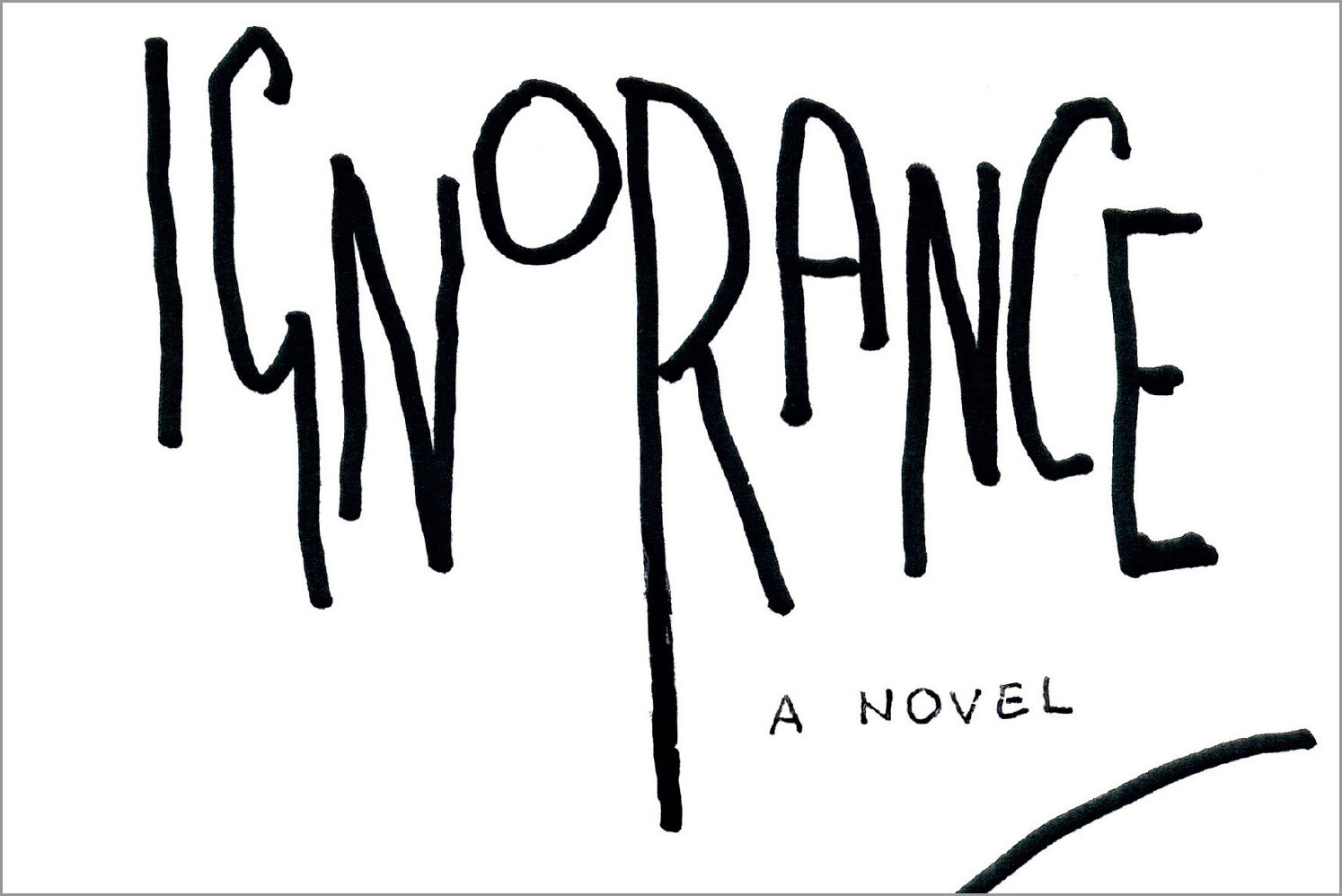“Gilead” by Marilynne Robinson
Gilead
By Marilynne Robinson
2006
247 pages / 8 hours and 54 minutes
Fiction
—
What does it mean to be an author of faith? Does it mean that one writes well about faith? Or that the author has faith? More to my point, what does it mean to be a Christian writer? And faith aside, the first question is always whether the writer can actually write.
In response to the above questions I would suggest that Marilynne Robinson might be the Christian writer of fiction for our time. Well, at least on the Protestant side. In a series of three books, Gilead (2004), Home (2008), and Lila (2014), Robinson has written beautifully and realistically about faith and life. If you want to start a good fight among perfectly reasonable people, just ask which of these three books is the best. My friends and I have no agreement about this, so let me strongly suggest that you read all three. But let me introduce you to my personal favorite, Gilead, which won the Pulitzer Prize for fiction. Maybe I prefer it because it was written first but it is an absolute top rate novel.
The book is an amazing act of ventriloquism. The structure is very simple. An old preacher from the Midwest, of a decidedly progressive stripe (he has read Feuerbach), whose forebear was a gun-toting abolitionist, is writing a series of letters for his young son who, because of the preacher’s advancing age, may never really get to know his father. Thus, the book becomes a kind of testament from father to son about all that matters in life, things both great and small. This feat is carried out so amazingly that midway through the book you forget that it’s a work of fiction written by a woman. Robinson draws in the reader so thoroughly that it seems we’re actually listening to a real minister at the end of his life taking stock of all he has said and done. It is done so convincingly that it reminds me somewhat of the ventriloquism in The Poisonwood Bible by Barbara Kingsolver (that’s another must-read, by the way).
One would need to read the other two volumes to get the fullest possible picture of what is actually going on in the family. And like all other families there is more than meets the eye. Nonetheless, this is a perfectly good stand-alone novel with many joys, including a beautiful description of a decades-long friendship between two ministers. There is not a lot going on plot-wise, but the book never drags and, in fact, I read it in one sitting. The cliché applies: it is a very hard book to put down.
Ministers should read this book simply because it’s a great novel, but it also offers training in the excavation of the soul. I am guessing that there will be more than one minister who, even without the motivation of trying to create a memory of themselves for their children, will find themselves picking up a pen and attempting to give an account to their churches and their God for the life that they have lived. Not a bad outcome, right?








